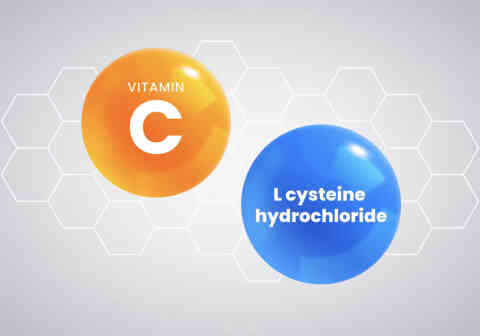Additives

In theory there is a large range of additives that can be used in flour as they are permitted in any food. In practice the range is very small. The most common additive for flour is E300 (ascorbic acid, or vitamin C). This is used because it helps achieve a consistent rise in bread; and so is normally added only to specific breadmaking flours supplied to commercial bakeries. Also permitted is E920 (L cysteine hydrochloride).
This is derived from synthetic sources; again it is not normally added to flour per se, but is added to flour that is used in the manufacture of some types of bread. Colours and bleaching agents are not permitted in flour. Where used, additives are listed on the packaging of flour and products containing flour.
What does the law say?
UK legislation on additives is generally derived from rules established at a European Union level to ensure that impediments to trade are not created within the EU. These rules have been transferred into UK law and will apply after the end of the transition period. Legislation requires that additives are only used if they perform a useful purpose; are safe; and do not mislead the consumer.
